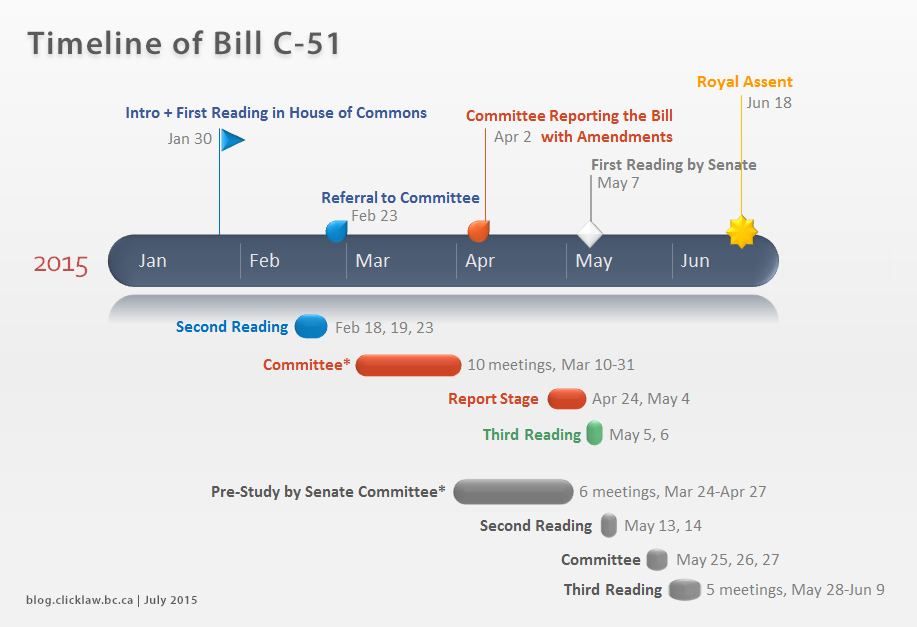New Service Alert: TRAC now provides Full Representation

Today’s post introduces Direct Representation from TRAC, a Clicklaw contributor. TRAC now provides free full representation to tenants at dispute resolution hearings in limited situations depending on eligibility and location:
Who?
Eligibility criteria to receive representation from TRAC:
– Income
– Types of Cases
Where?
The Lower Mainland, with some exceptions
TRAC reserves the right to use its discretion on a case-by-case basis, and has the final say regarding which tenants receive assistance. There may be times when TRAC is unable to represent a tenant who falls under the criteria above due to time constraints or other factors.
For more information check out TRAC’s Direct Representation page or contact the Tenant Infoline at 604-255-0546 or 1-800-665-1185.



